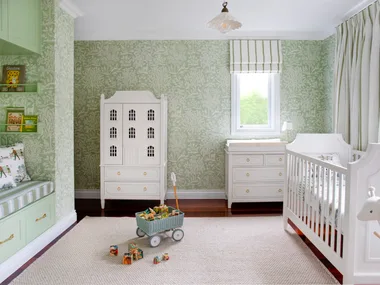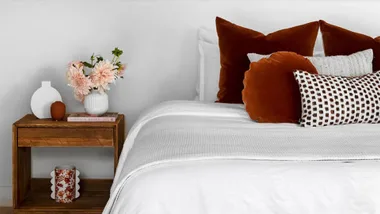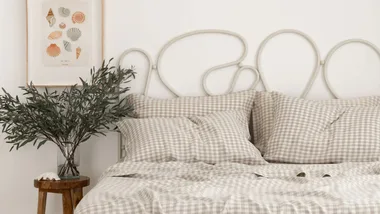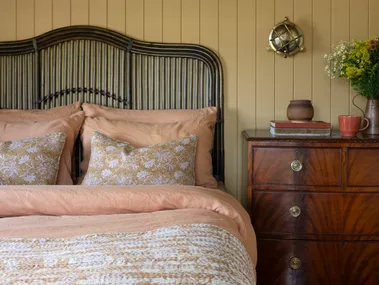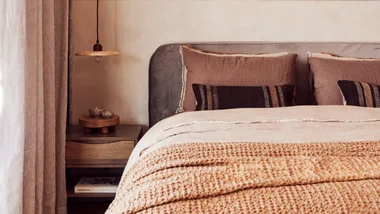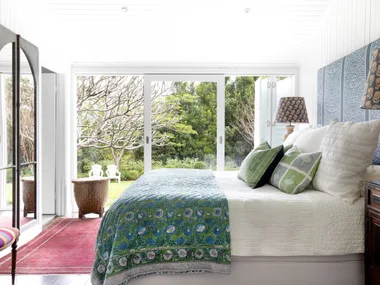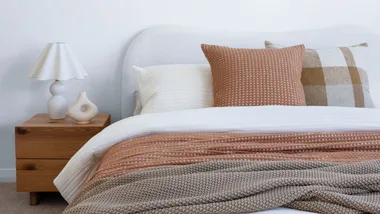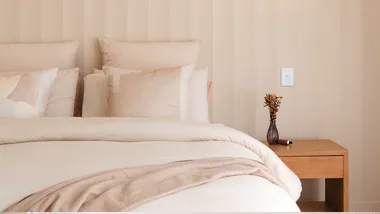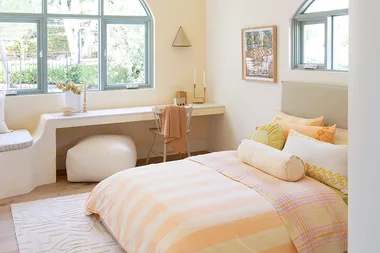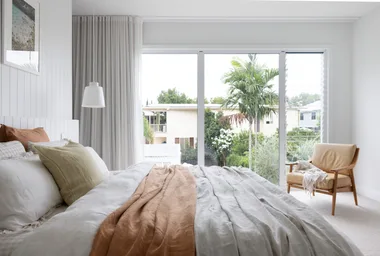Poor sleep is a problem that affects many people, and especially as we age. The older we get, the more elusive a good night’s sleep unfortunately becomes.
There are many remedies out there, and what works for one person might not work so well for another. One thing that can make a huge difference to your sleep though is your sleeping environment. It makes perfect sense, but it’s one thing we often overlook in our search for sleep.
Before turning to pharmaceuticals, give your bedroom a makeover and see if it makes any difference.
1. Fresh air
Bedrooms get musty very quickly, so it’s really important to get some fresh air in there. If you can, keep your window open a crack, or be sure to open it for an hour or two a day. If you have a ceiling fan, turn it on to keep the air circulating.
2. Plants
Another thing that can improve the air quality in your bedroom is house plants. Not only do they look fresh and lovely, but they help to purify the air you’re breathing, and in turn improving the quality of sleep.
3. Change your bedding
Our bedding can harbour nasty bacteria and dampness that can affect not only the quality of our sleep, but our health too. Invest in hypoallergenic pillows, and make sure your bedding and pillows are washed and aired frequently.
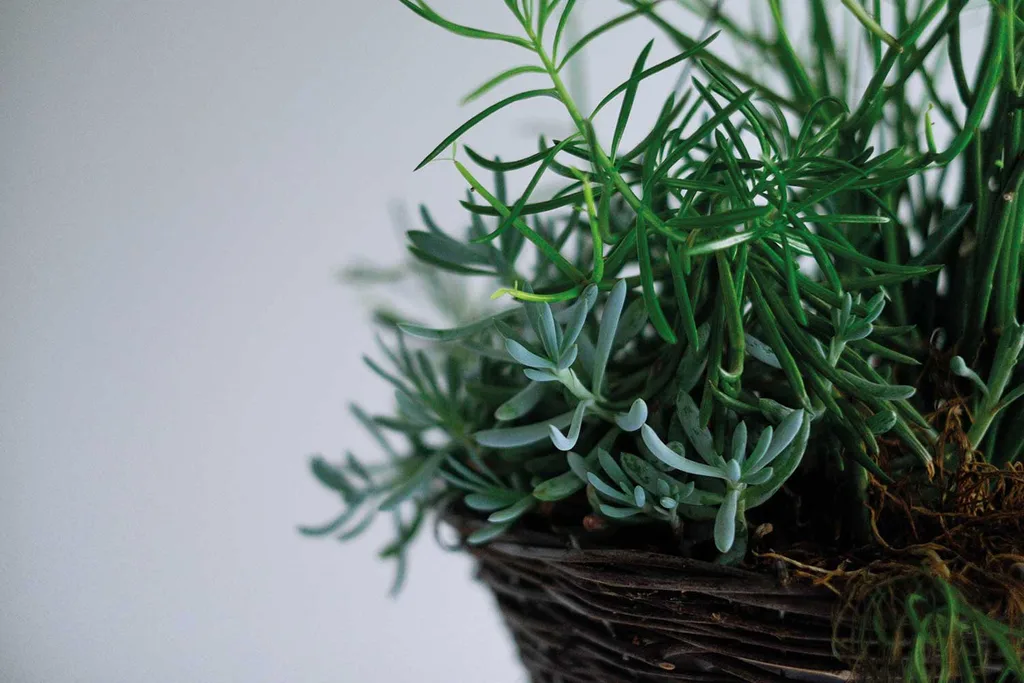
4. Keep it dust free
Asthma, allergies, and other things that affect your respiratory system will stop you getting a decent rest. Make sure your sleeping environment is as free from dust as possible, by dusting and vacuuming frequently. It’s even better if your vacuum has a HEPA filter.
5. Electronics
It’s a well-known fact that electronics such as televisions, phones, tablets, and computers interrupt our ability to sleep. Even a brightly lit display on an alarm clock can cause disruption to our sleep cycles. Keep these things out of the bedroom, as tempting as it might be to do one last social media scroll before you close your eyes. Reading books in bed only!
6. Decoration
Make sure your bedroom is a place you want to be. The more comfortable you feel in your room, the more likely it is that you will sleep well.
This article originally appeared on Starts at 60.
For more inspiration click here.
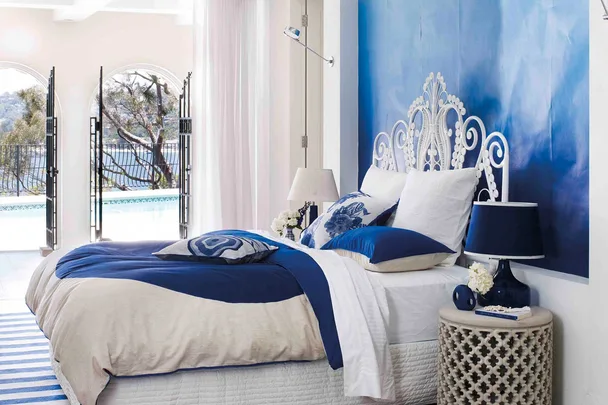 Prue Ruscoe
Prue Ruscoe
